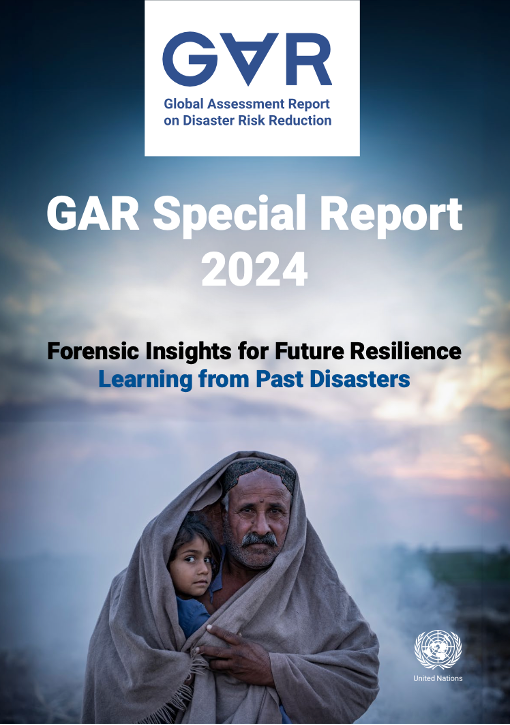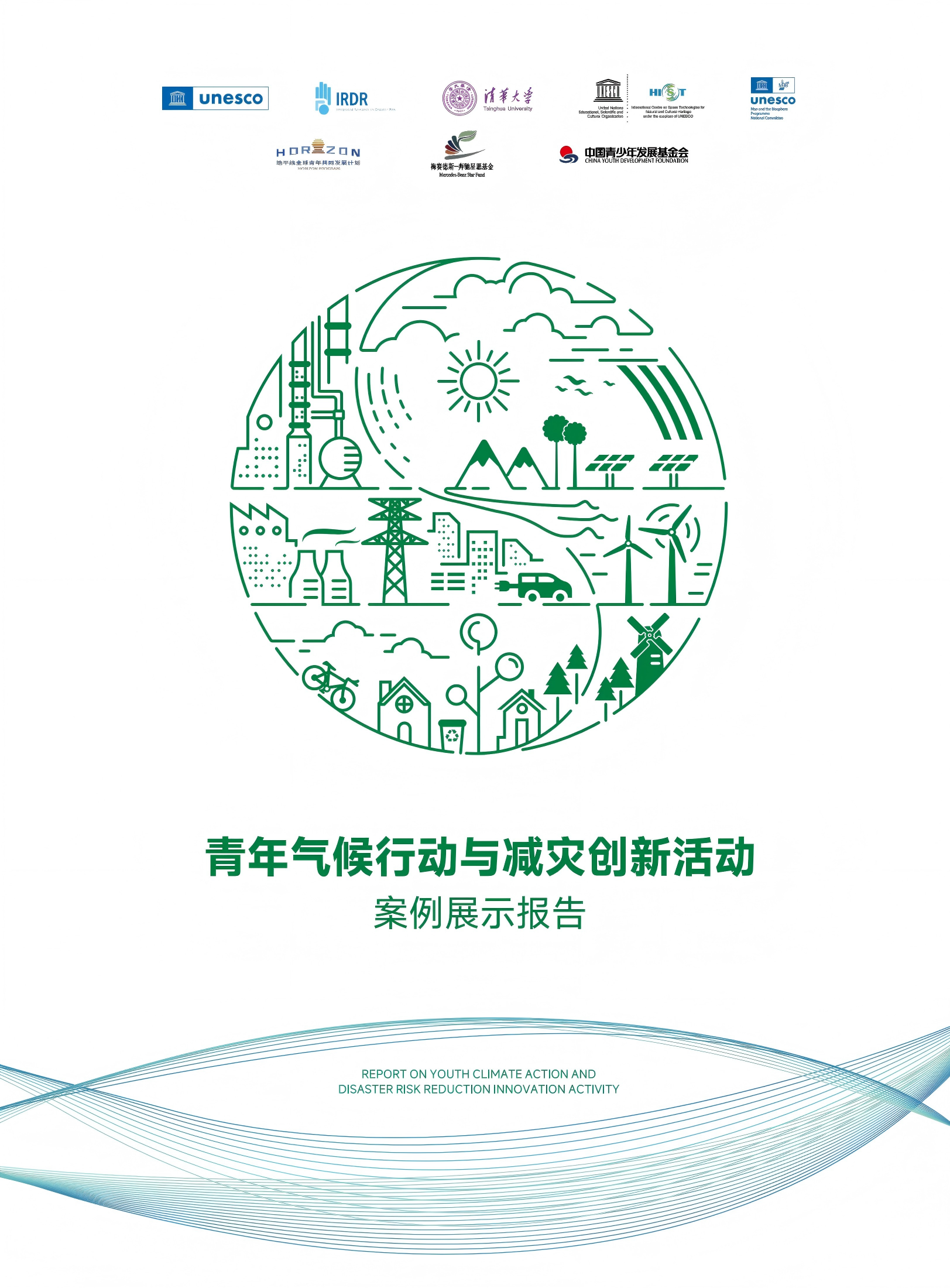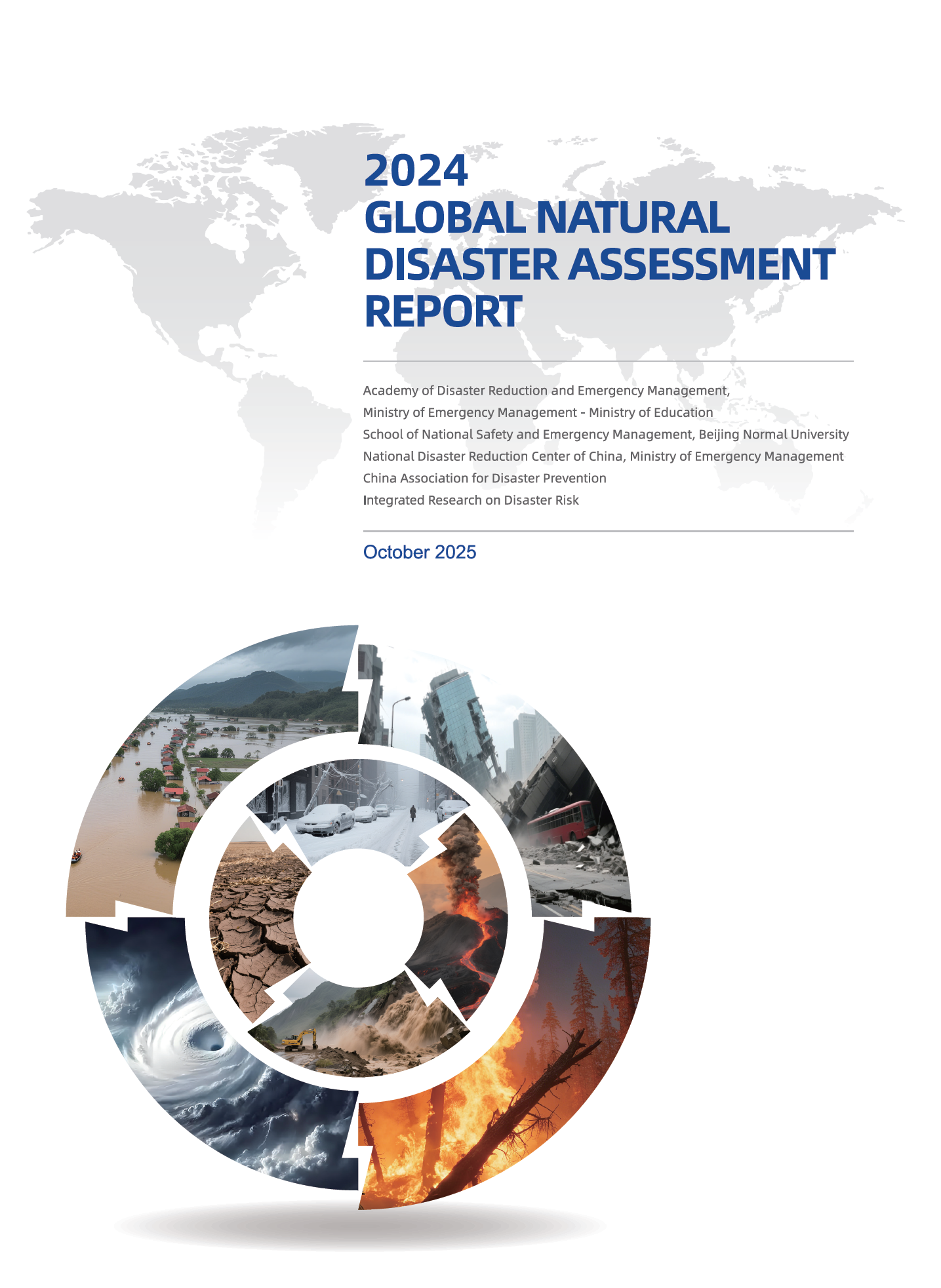The GAR Special Report 2024, titled Forensic Insights for Future Resilience: Learning from Past Disasters, takes a forensic approach to analyzing major disaster events, with the goal of understanding how risk is constructed and identifying patterns of vulnerability. The report delves into ten case studies of recent disasters, such as Cyclone Freddyand Hurricane Beryl, to illustrate the unique "disaster DNA" of each event. By uncovering the underlying causes and risk drivers, the report offers critical lessons for improving disaster risk reduction (DRR) strategies globally.
The report uses Forensic Investigations of Disasters (FORIN) methodology, which applies detailed disaster analysis to study past events. This forensic method goes beyond the immediate aftermath to explore how vulnerabilities were created, how risks were overlooked, and what systems failed. It encourages a deep, systematic understanding of the root causes of disasters, rather than simply focusing on their surface-level impacts.
The insights gained through this approach aim to guide policy and strategy development for disaster risk management. The report provides actionable recommendations to help governments, organizations, and communities mitigate future risks by addressing systemic issues and vulnerabilities before disasters strike. It emphasizes integrating disaster risk reduction into broader development processes to ensure long-term resilience.
The report examines a diverse range of disasters, including Cyclone Freddy, which devastated parts of Southern Africa in 2023, and Hurricane Beryl, which hit the Caribbean in 2024. These case studies provide specific examples of how forensic analysis can reveal the complexity of disaster impacts, identifying not just physical damage but the socio-economic vulnerabilities that exacerbate disaster outcomes. Each case illustrates how systemic issues, such as inadequate infrastructure or insufficient planning, contribute to the severity of disasters.
Overall, the GAR Special Report 2024 is a crucial resource for understanding how to better prepare for future disasters by learning from the past. It highlights the importance of cross-sector collaboration, data-driven approaches, and long-term planning in building resilient societies in the face of growing climate risks.






